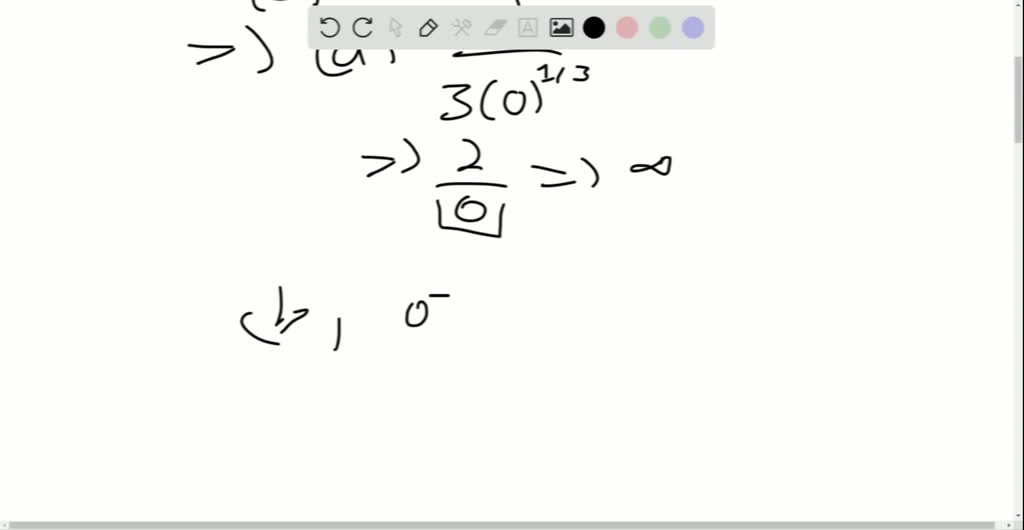

Suppressed correlative – where a correlative is redefined so that one alternative is made impossible.Correlation proves causation ( post hoc ergo propter hoc) – a faulty assumption that because there is a correlation between two variables that one caused the other.Continuum fallacy (fallacy of the beard, line-drawing fallacy, sorites fallacy, fallacy of the heap, bald man fallacy) – improperly rejecting a claim for being imprecise.Circular cause and consequence – where the consequence of the phenomenon is claimed to be its root cause.Circular reasoning ( circulus in demonstrando) – when the reasoner begins with what he or she is trying to end up with sometimes called assuming the conclusion.Shifting the burden of proof (see – onus probandi) – I need not prove my claim, you must prove it is false.Begging the question ( petitio principii) – providing what is essentially the conclusion of the argument as a premise.Argumentum verbosium – See Proof by verbosity, below.Argument to moderation (false compromise, middle ground, fallacy of the mean, argumentum ad temperantiam) – assuming that the compromise between two positions is always correct.Argument from silence ( argumentum ex silentio) – where the conclusion is based on the absence of evidence, rather than the existence of evidence.Argument from repetition ( argumentum ad nauseam, argumentum ad infinitum) – signifies that it has been discussed extensively until nobody cares to discuss it anymore sometimes confused with proof by assertion.Argument from incredulity (appeal to common sense) – “I cannot imagine how this could be true therefore, it must be false.”.Argument from ignorance (appeal to ignorance, argumentum ad ignorantiam) – assuming that a claim is true because it has not been or cannot be proven false, or vice versa.

Appeal to the stone ( argumentum ad lapidem) – dismissing a claim as absurd without demonstrating proof for its absurdity.An informal fallacy occurs when the contents of an argument’s stated premises fail to adequately support its proposed conclusion. Informal fallacies – arguments that are fallacious for reasons other than structural (formal) flaws and usually require examination of the argument’s content.


 0 kommentar(er)
0 kommentar(er)
